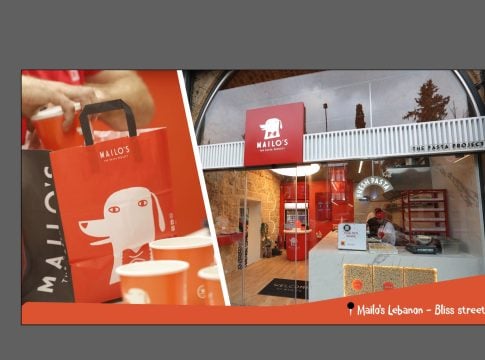The housing crisis – skyrocketing rents and lack of housing supply – is one of the issues that Prime Minister, Kyriakos Mitsotakis, will raise at the upcoming Thessaloniki International Fair (TIF).
The financial staff are putting the finishing touches on a package of interventions aimed at increasing the supply of rental housing and, through this, lowering prices to make housing affordable for households.
Incentives and disincentives
According to the Athens-Macedonian News Agency’s sources, this goal will be sought to be achieved through multi-level solutions and not through a single intervention. In general, the aim is to open closed apartments, which are either inactive by choice or are in poor condition and cannot be rented. At the same time, it will seek to discourage landlords from offering their apartments for short-term rental and return them to the long-term rental market.
The first objective is estimated to be achieved by establishing incentives and disincentives for closed apartments. In fact, AADE is already starting to record them, in order to have a clear picture of their number, as the estimates differ. Others speak of 200,000 properties, while others of 600,000.
Also, it will be sought to have a clear picture of the condition of each property, so that any interventions can be decided accordingly.
The 6 measures, according to ANA-MPA:
1. Closed apartments: The government is considering that there is a huge stock of inactive properties, which under certain conditions can affect the supply of housing in the market. Their exploitation process will begin by recording their characteristics, such as location and condition, to consider how they can be further exploited.
2. Short-term leases: There will be changes in the operation of the market, with interventions mainly of a tax nature and increased rates. Also, it is possible that a limit, depending on the area, will be set on the rental properties or a combination of the two.
3. Real estate registry: The creation of a platform for posting of real estate information is being considered, in order to enhance transparency in the market. The platform will include information on sales and rental prices, with the aim of combating tax evasion and providing better information to the public.
4. “My Home II”: The government is awaiting approval from Brussels for the inclusion of the second stage of the “My Home” program in the Recovery Fund. The new stage of the programme, with a budget of 2 billion euros (of which 1.7 billion euros from EU funds), will include changes to the age and income criteria, as well as the conditions for the value and age of the properties.
5. “Social Compensation”: The program will provide housing at a low rent from idle State property. It is planned to build more than 2,500 homes for citizens up to 39 years of age, with the option to buy after a certain period of time.
6. Renovate-Rent: The program will be strengthened by increasing the subsidy for repair work in closed apartments, so that they enter the rental market.















